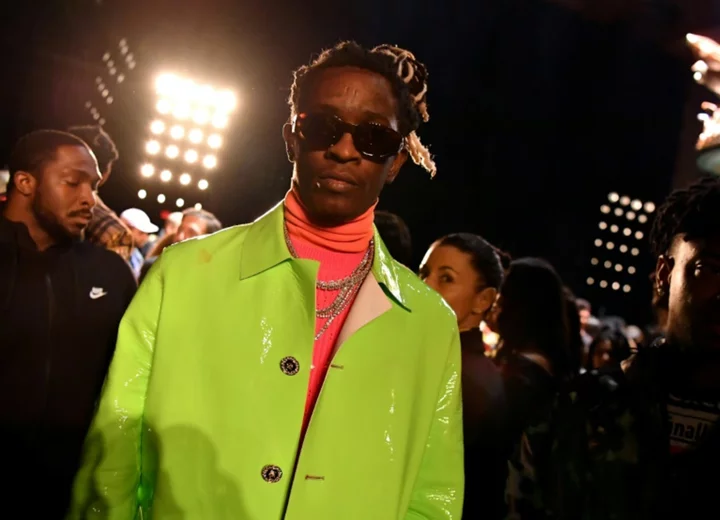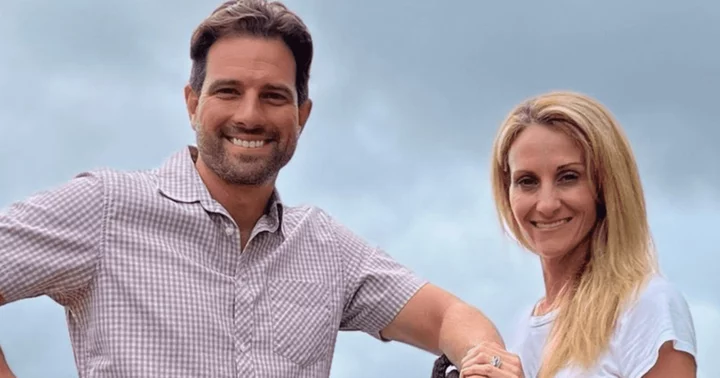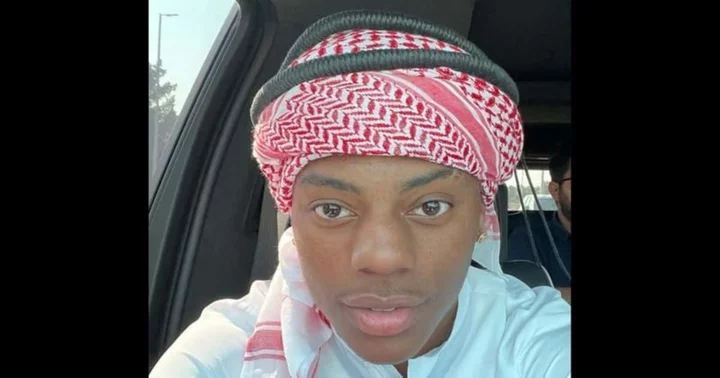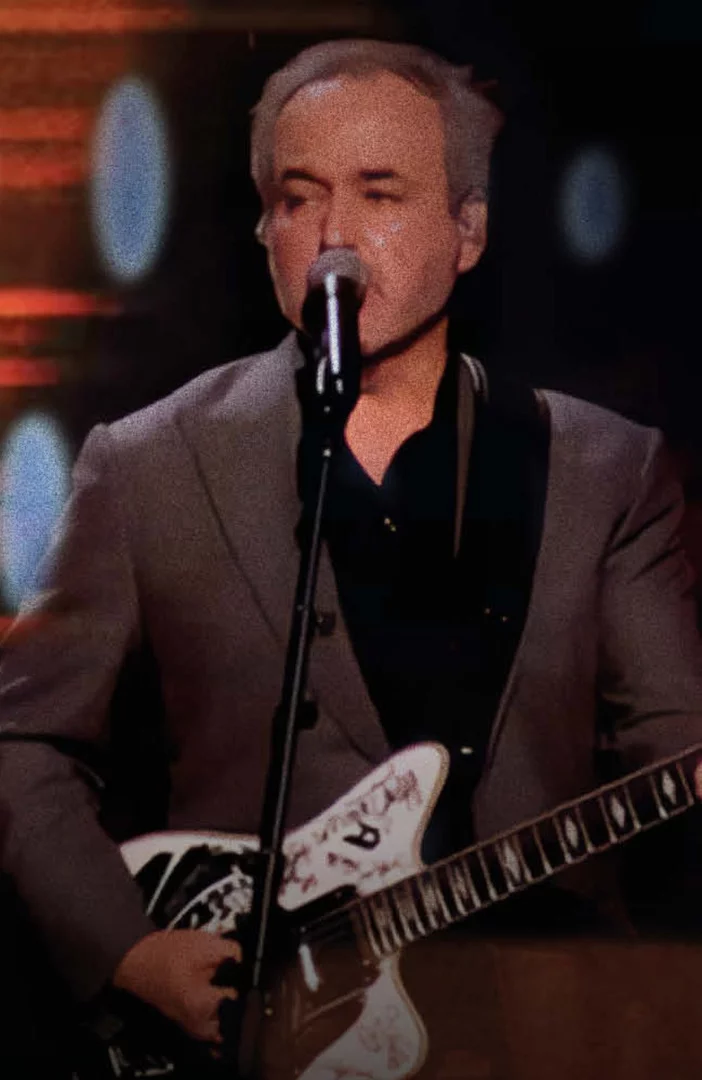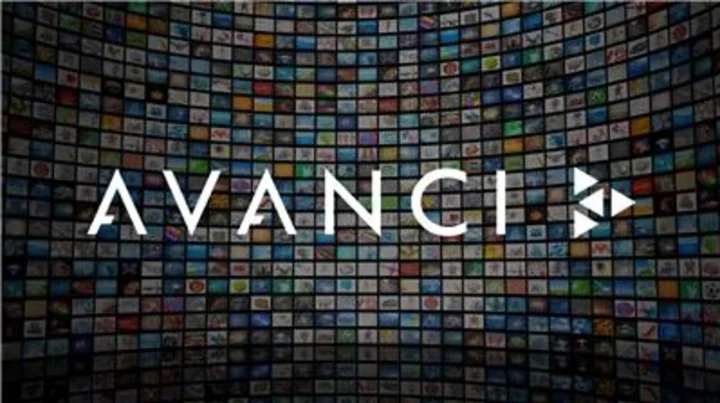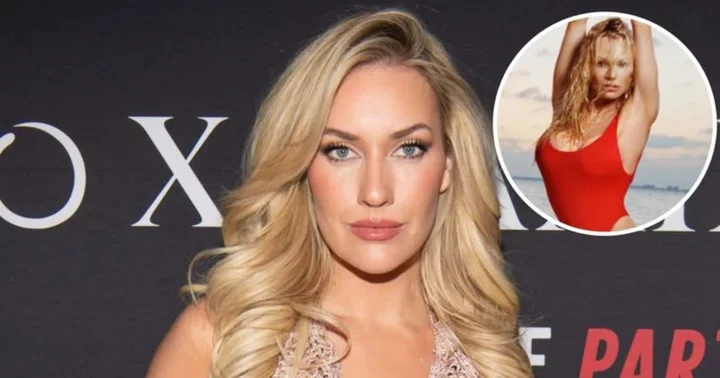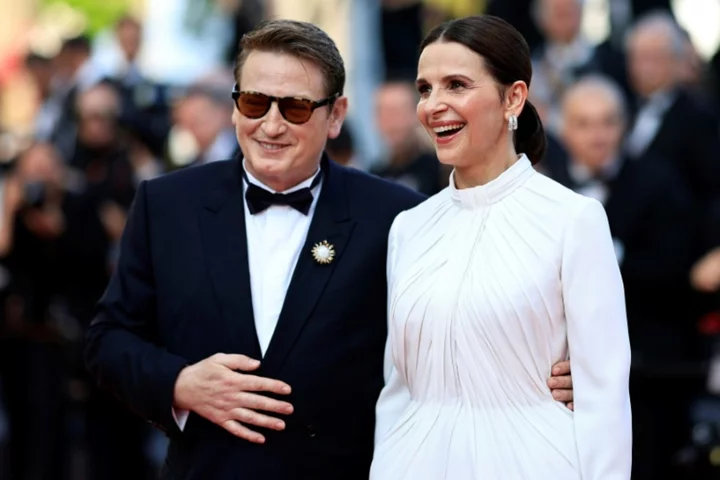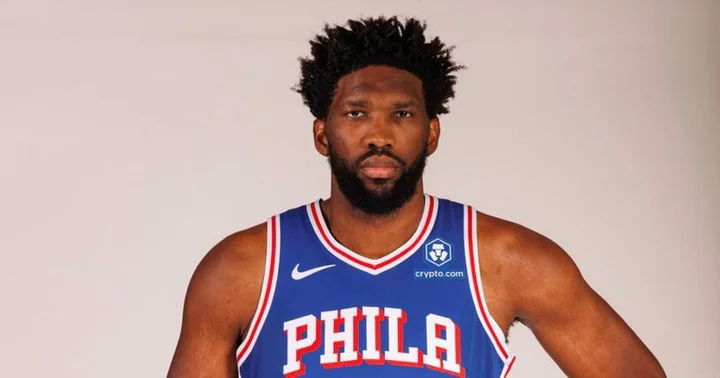Rap lyrics can be admitted as evidence in the sprawling US gang conspiracy trial targeting rapper Young Thug and several others, a judge ruled Thursday.
The defense had sought to exclude lyrics from evidence, saying the use of verses could unfairly influence the jury and was a violation of creative expression.
For years, many free speech advocates, civil rights groups, music world figures and legislators have decried using lyrics as evidence as a constitutional violation of expression that criminalizes and punishes artists, most of them of color.
But Atlanta Judge Ural Glanville ruled that he would allow specific sets of lyrics as evidence if prosecutors could detail how the raps connected to crimes the defendants are alleged to have committed.
There are 17 sets of lyrics Glanville said he would plan to admit, and that additional verses could be presented if prosecutors can "lay the foundation" of how they connect to alleged real-life crimes.
Young Thug, the 32-year-old rapper born Jeffery Williams, was one of 28 alleged street gang members originally swept up in a May 2022 racketeering indictment. Many of those defendants have since taken plea deals or will be tried separately.
The accusations included myriad predicate offenses that support an overarching conspiracy charge, including murder, assault, carjacking, drug dealing and theft.
Prosecutors say Young Thug's record label is a front for a crime ring, arguing that the defendants belong to a branch of the Bloods street gang identified as Young Slime Life, or YSL.
But defense lawyers insist YSL -- Young Stoner Life Records, a hip-hop and trap label that Young Thug founded in 2016 -- is simply a music label and vague association of artists, not a gang.
The indictment shook the rap world in Atlanta, where Young Thug is considered among the industry's most impactful figures.
The jury selection process took nearly 10 months, a painstaking process marred by delays.
Opening statements are currently scheduled for November 27, and the trial could last well into 2024. Young Thug is on trial in Fulton County court in Georgia, the same jurisdiction where former president Donald Trump is also embroiled in a racketeering case.
- 'Fictional art form' -
The admission of rap lyrics as evidence will surely continue to trigger debate, both in the courtroom and across the broader music world.
Critics of the tactic say taking slice-of-life lyrics out of context criminalizes artists who are primarily Black and brown, and can have a chilling effect on creative expression.
During hours of presentation on Wednesday prosecutor Mike Carlson told the judge "the question is not rap lyrics. The question is gang lyrics."
"These are party admissions. They just happen to come in the form of lyrics."
Fellow prosecutor Simone Hylton read the lyrics aloud to Judge Glanville on Wednesday, saying they glorify alleged crimes, including the shootings of rival gang members and violence against police.
But the defense argued that lyrics are fiction.
"Rap is the only fictional art form treated this way," said attorney Doug Weinstein, who represents the artist Yak Gotti.
"No other musical genre, no other art is treated the same way."
The defense also said the lyrics could unjustly influence the jury: "As soon as you put these lyrics in front of a jury the blinders drop," said Weinstein.
"They’re going to look at these lyrics and instantly say they are guilty."
mdo/des

